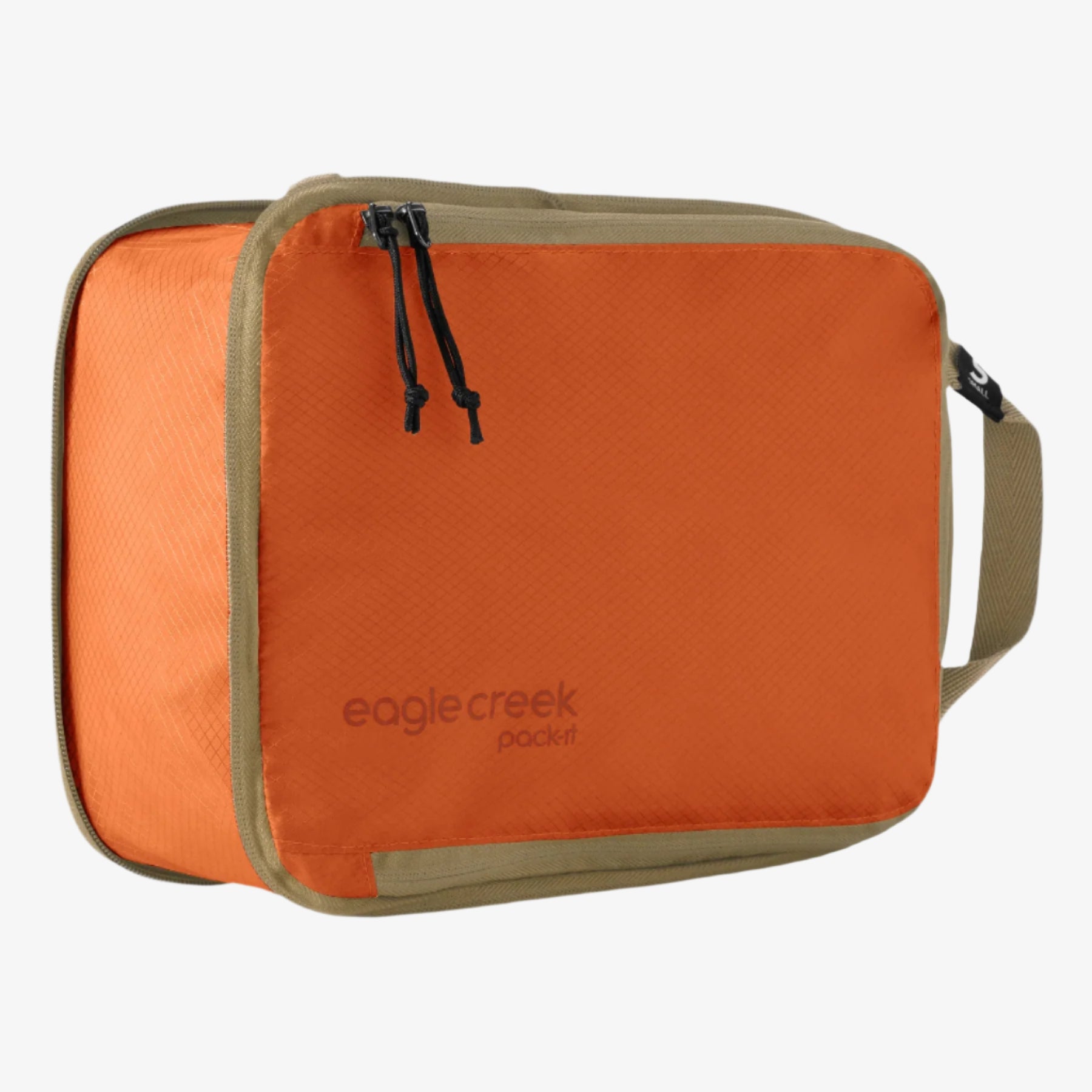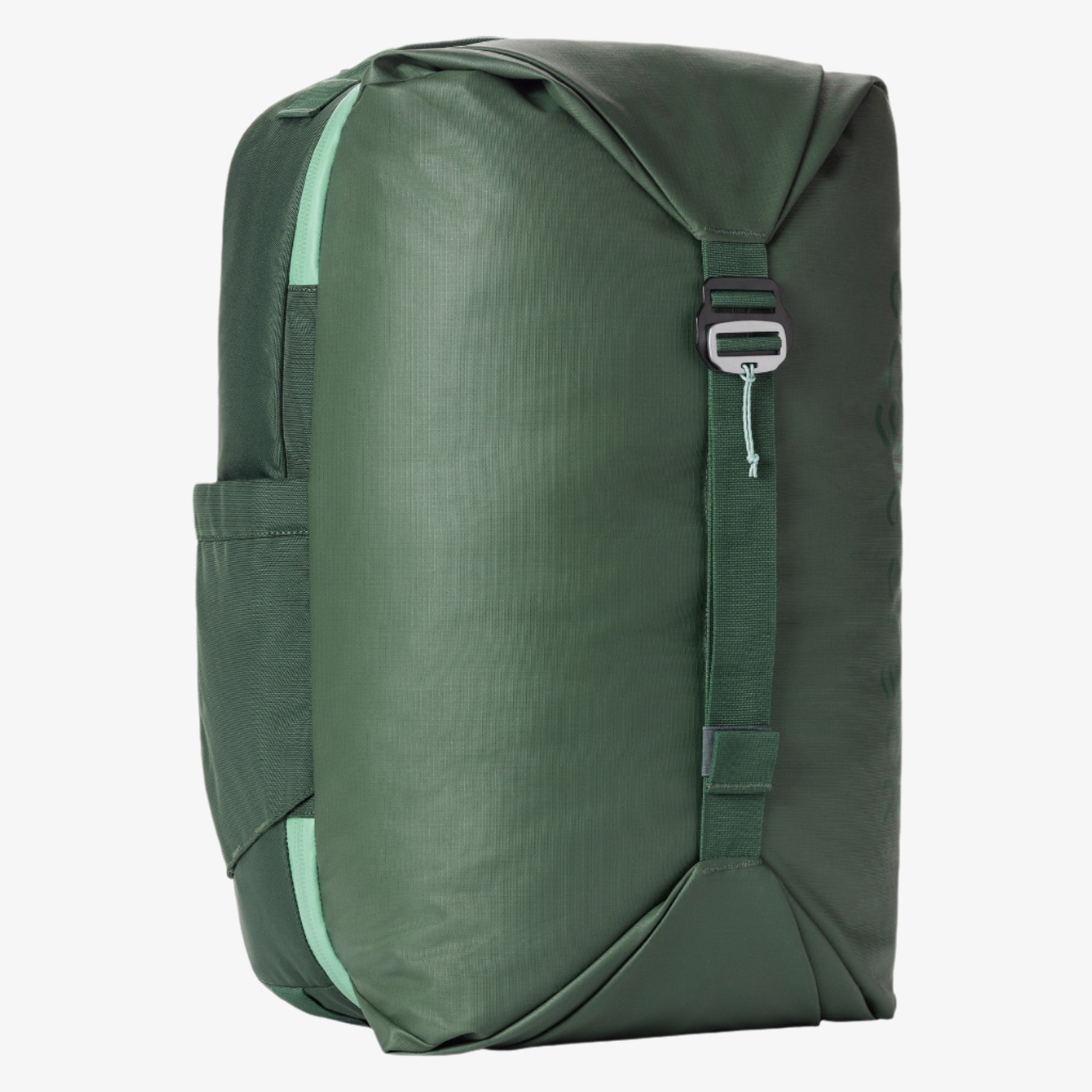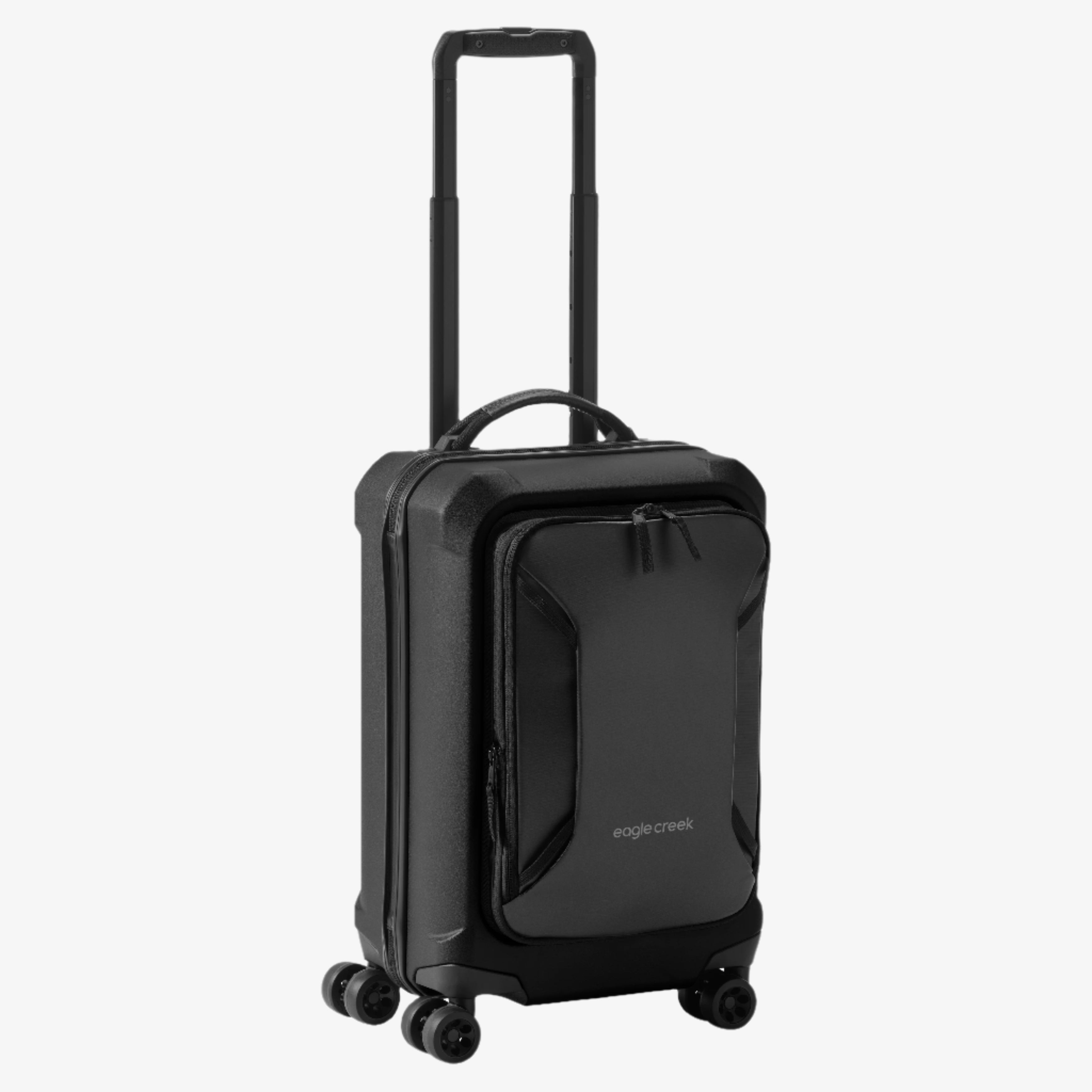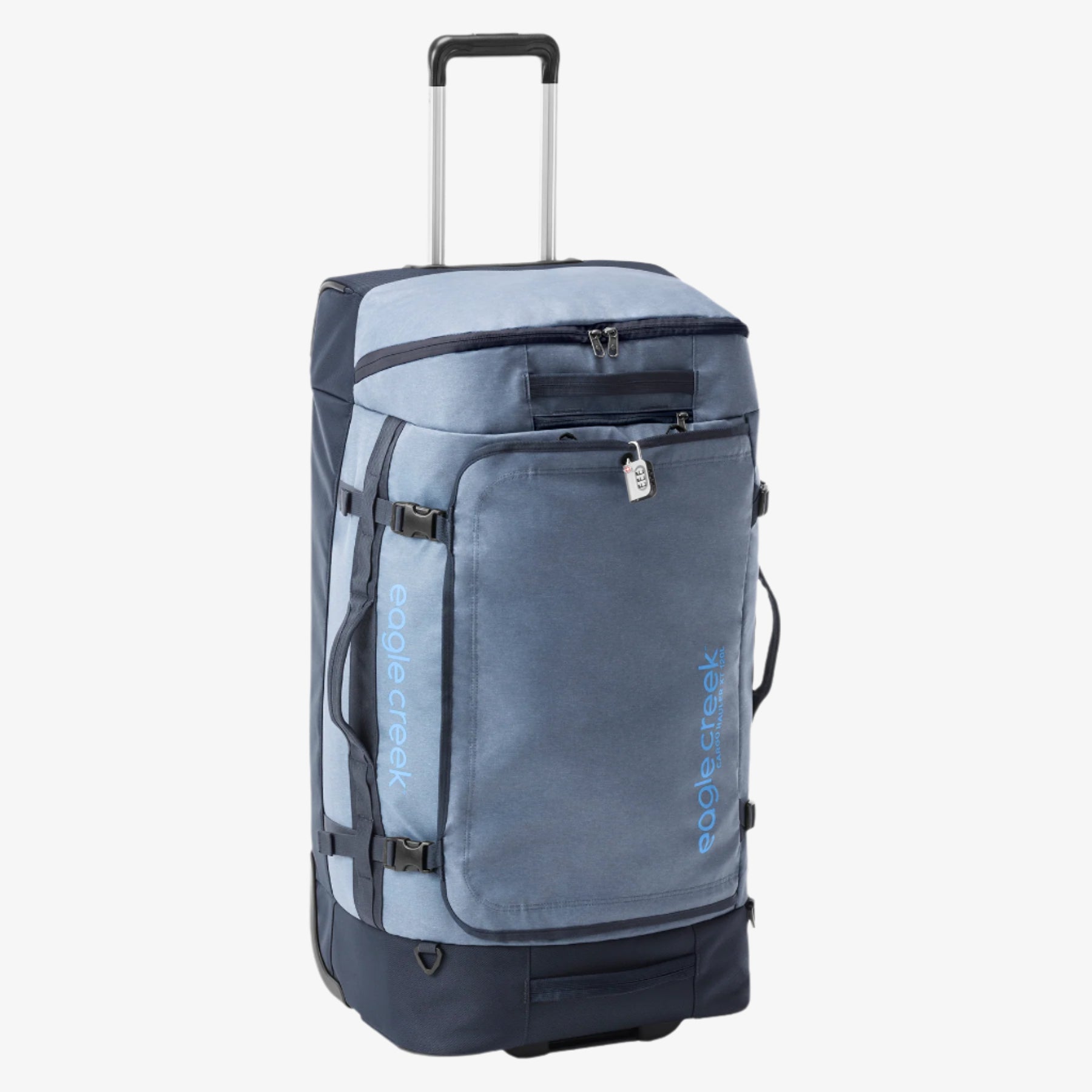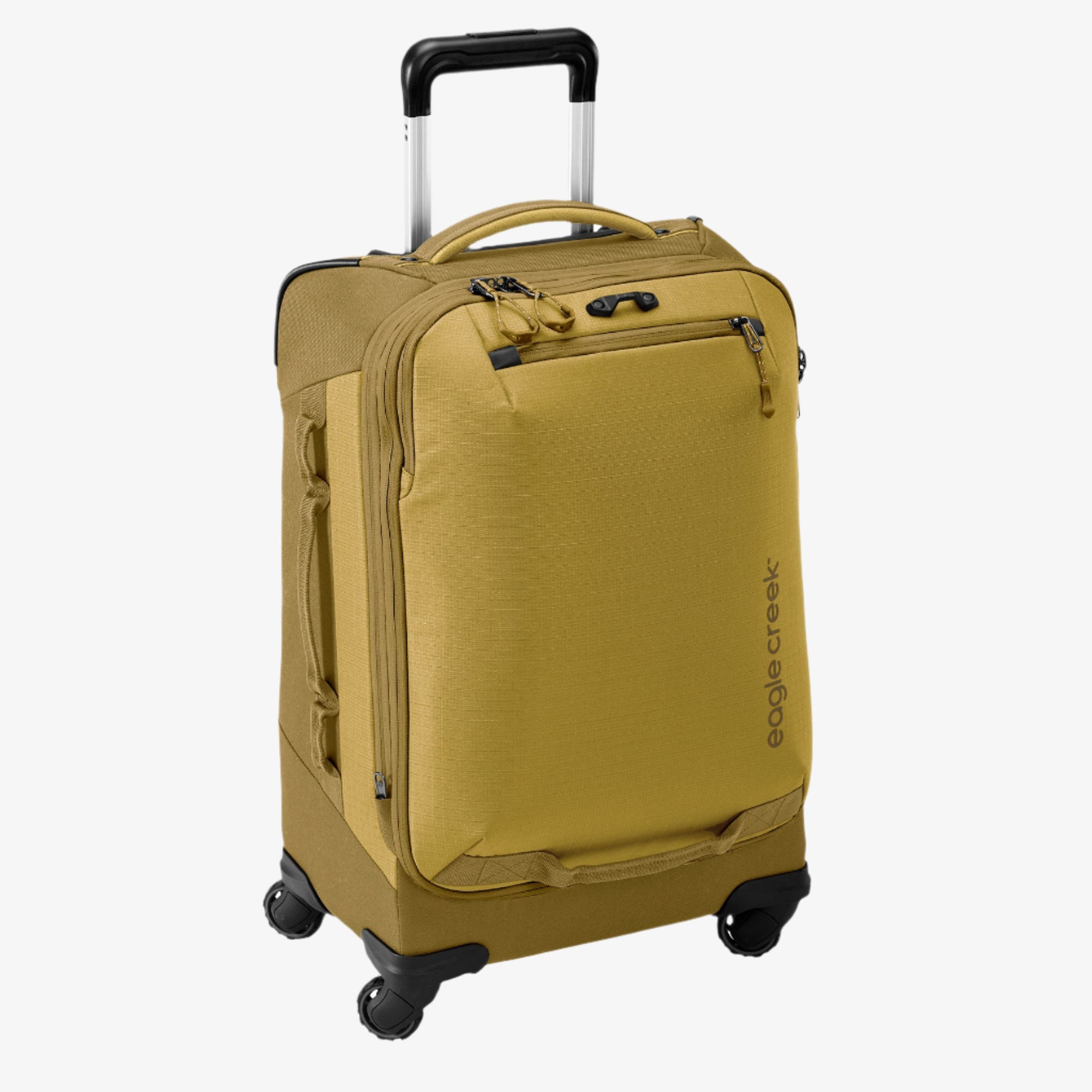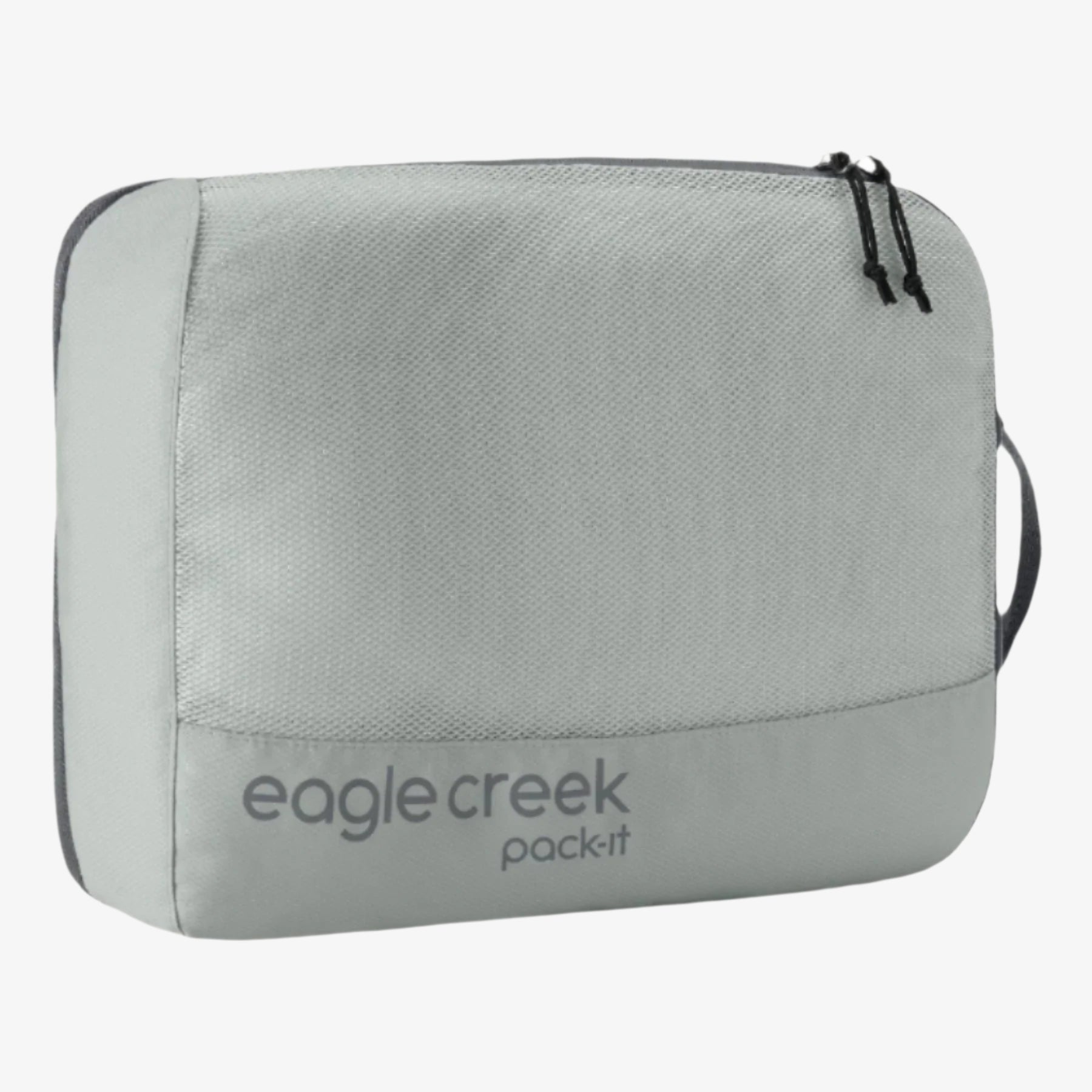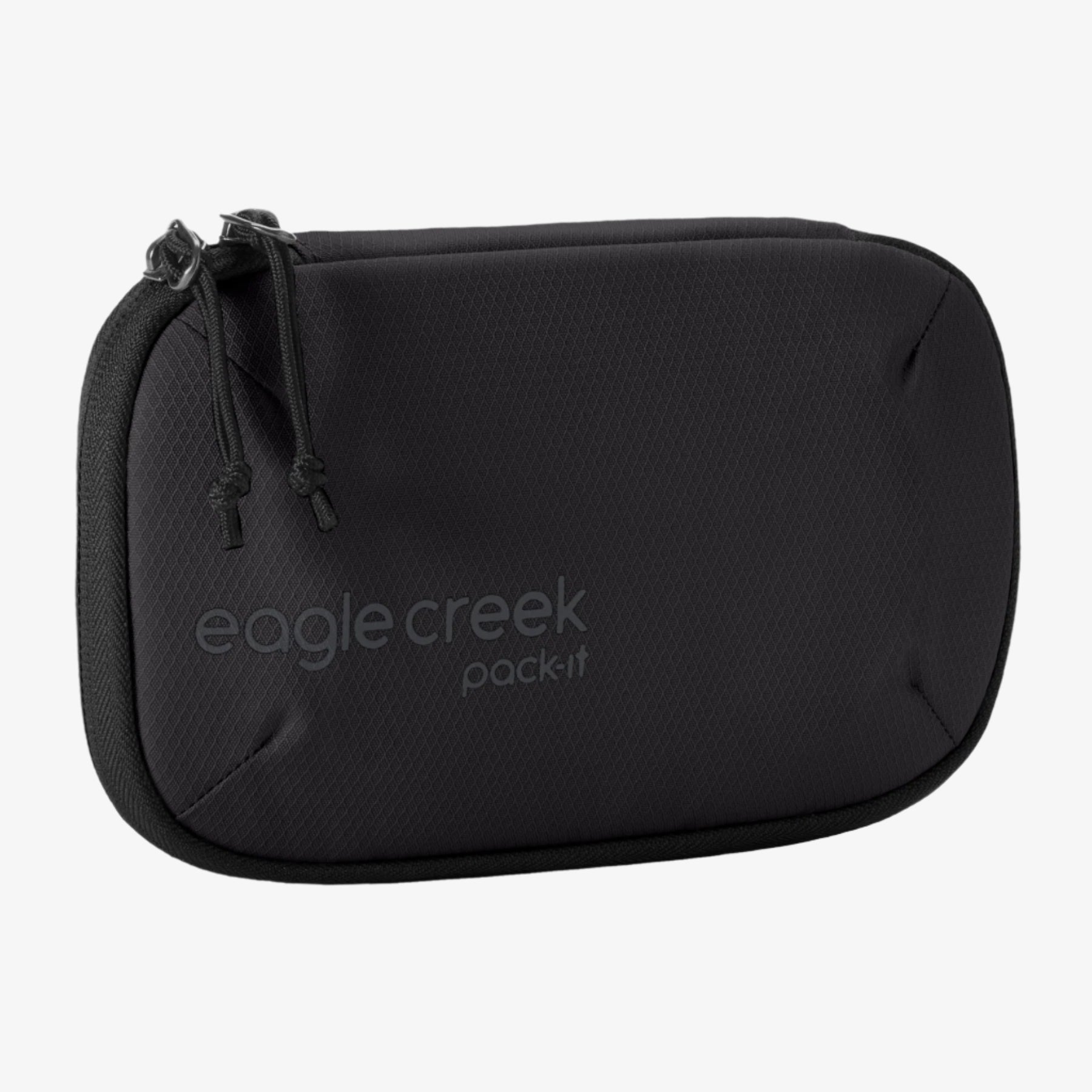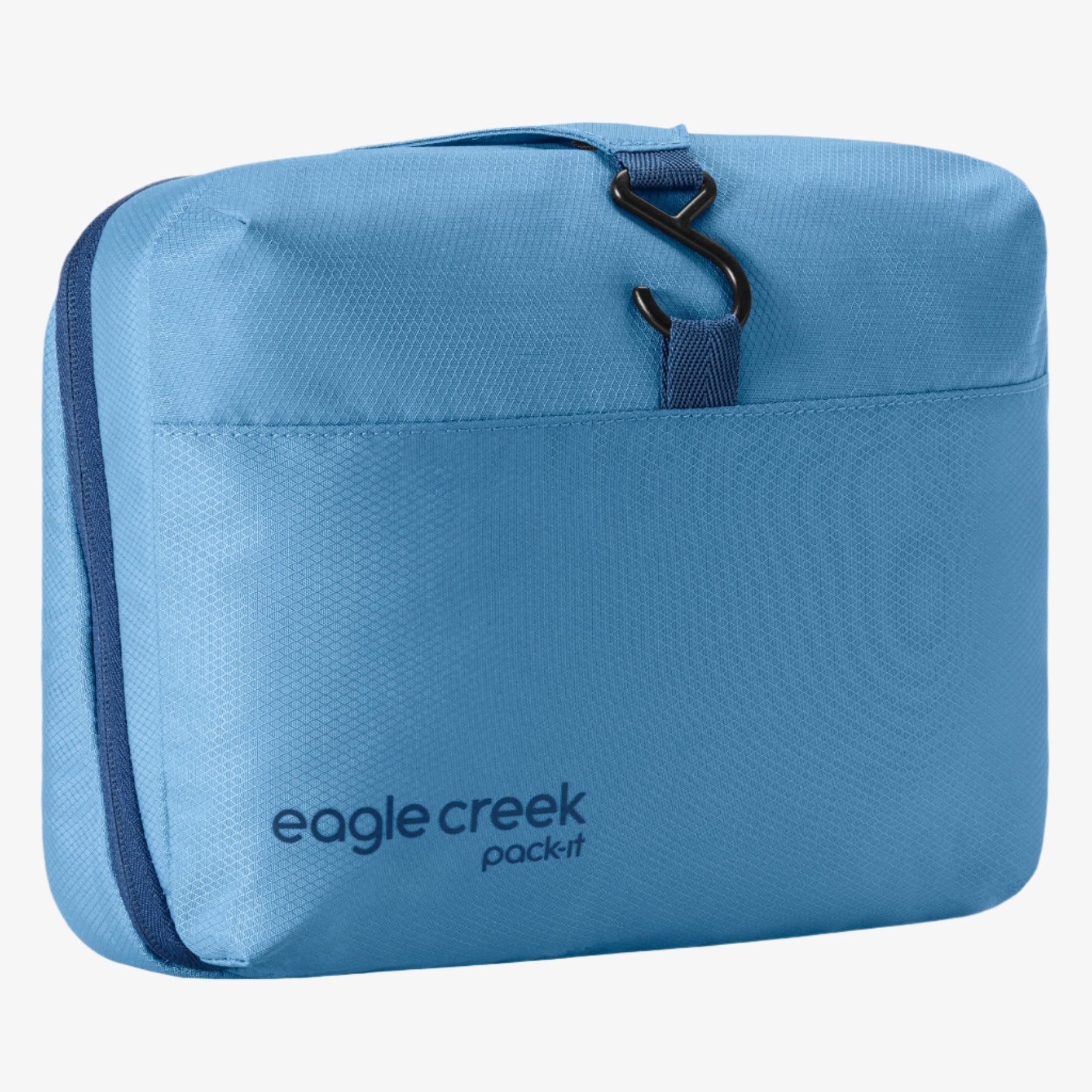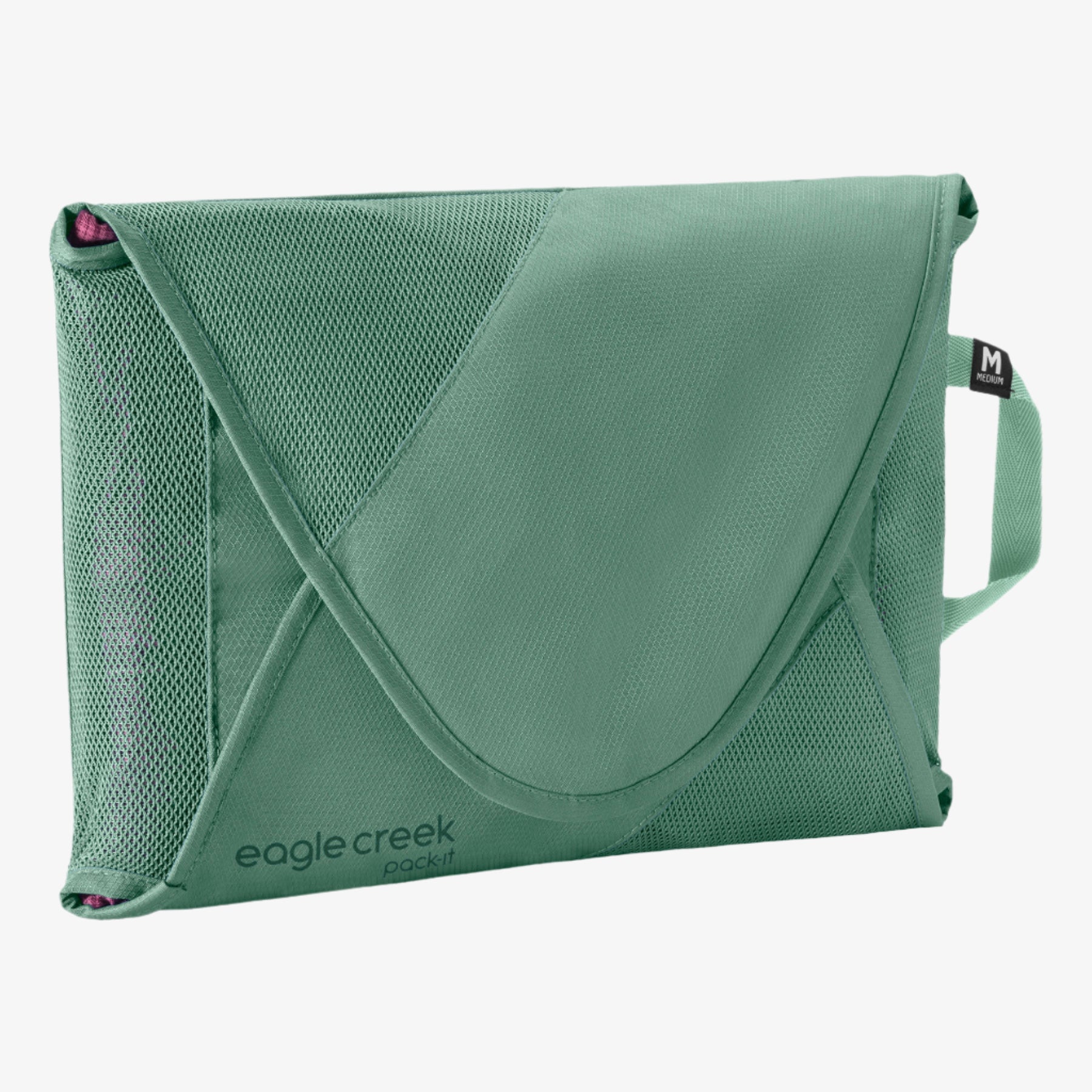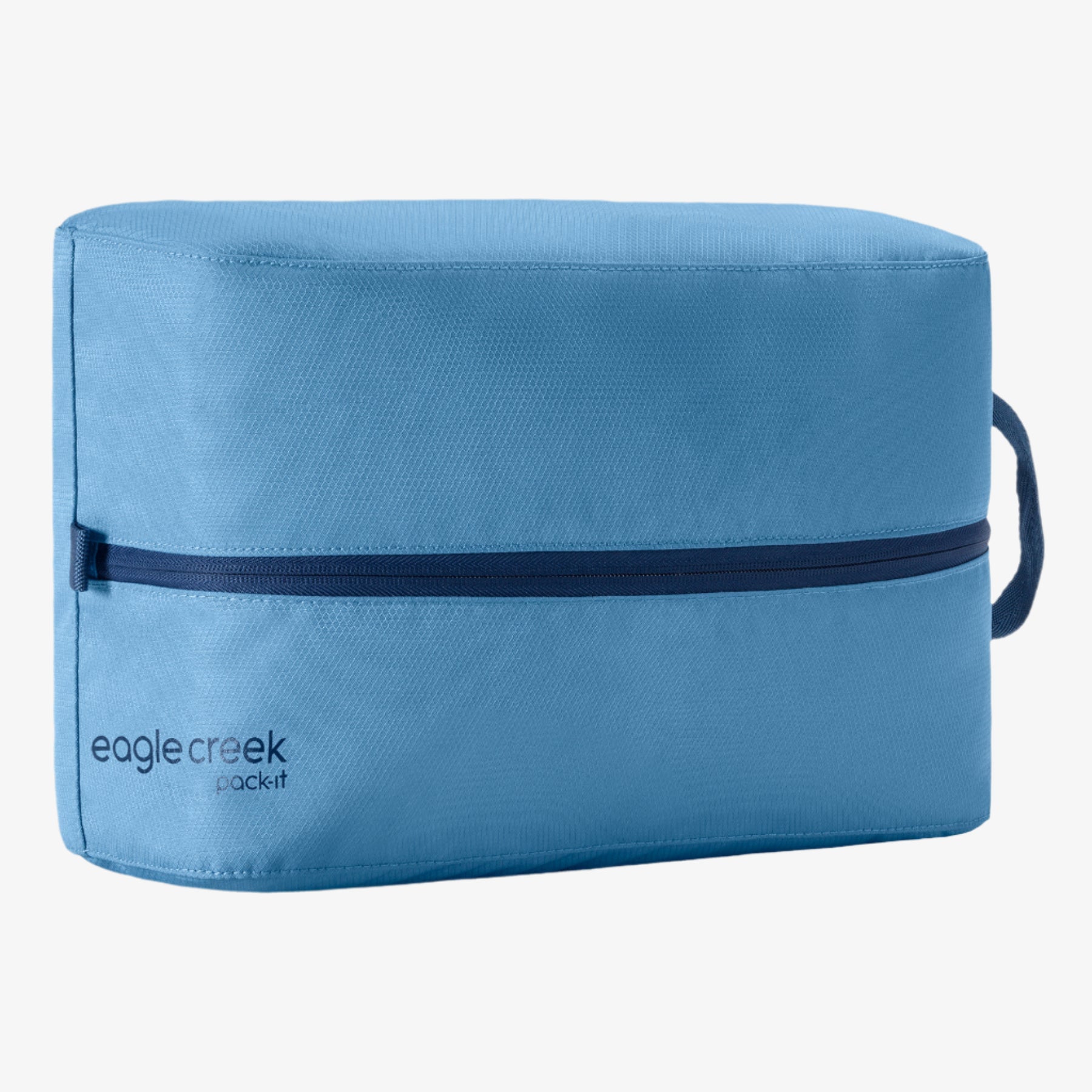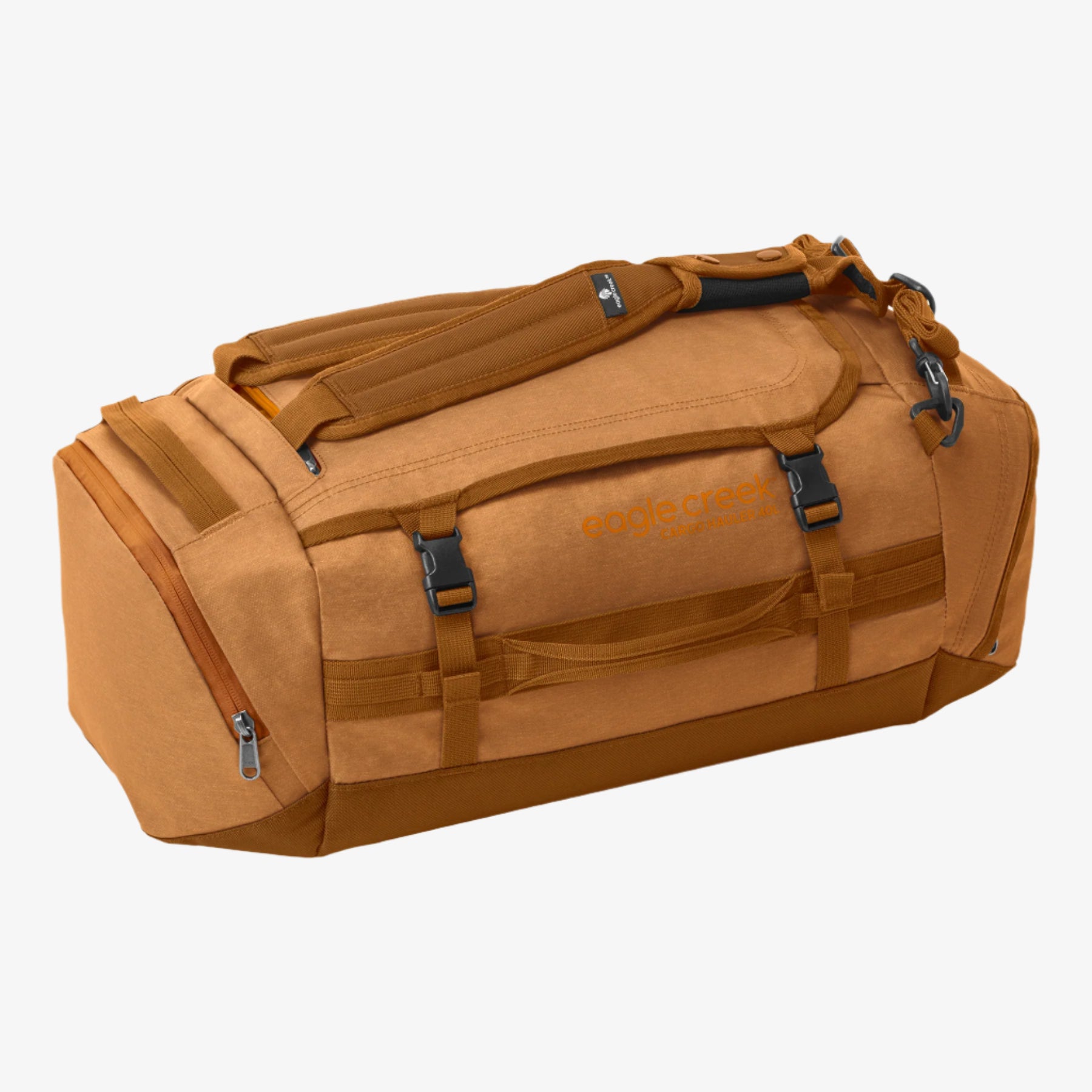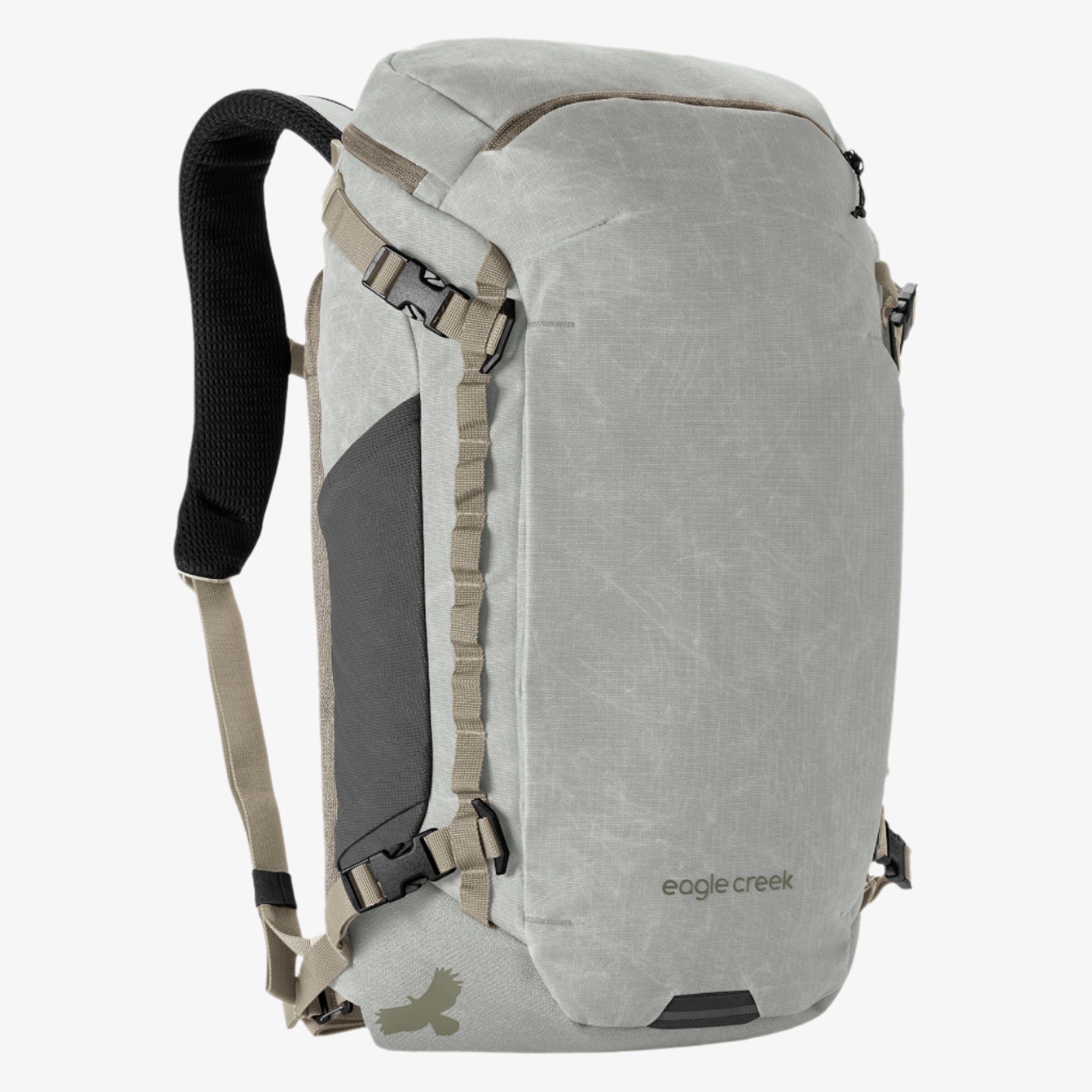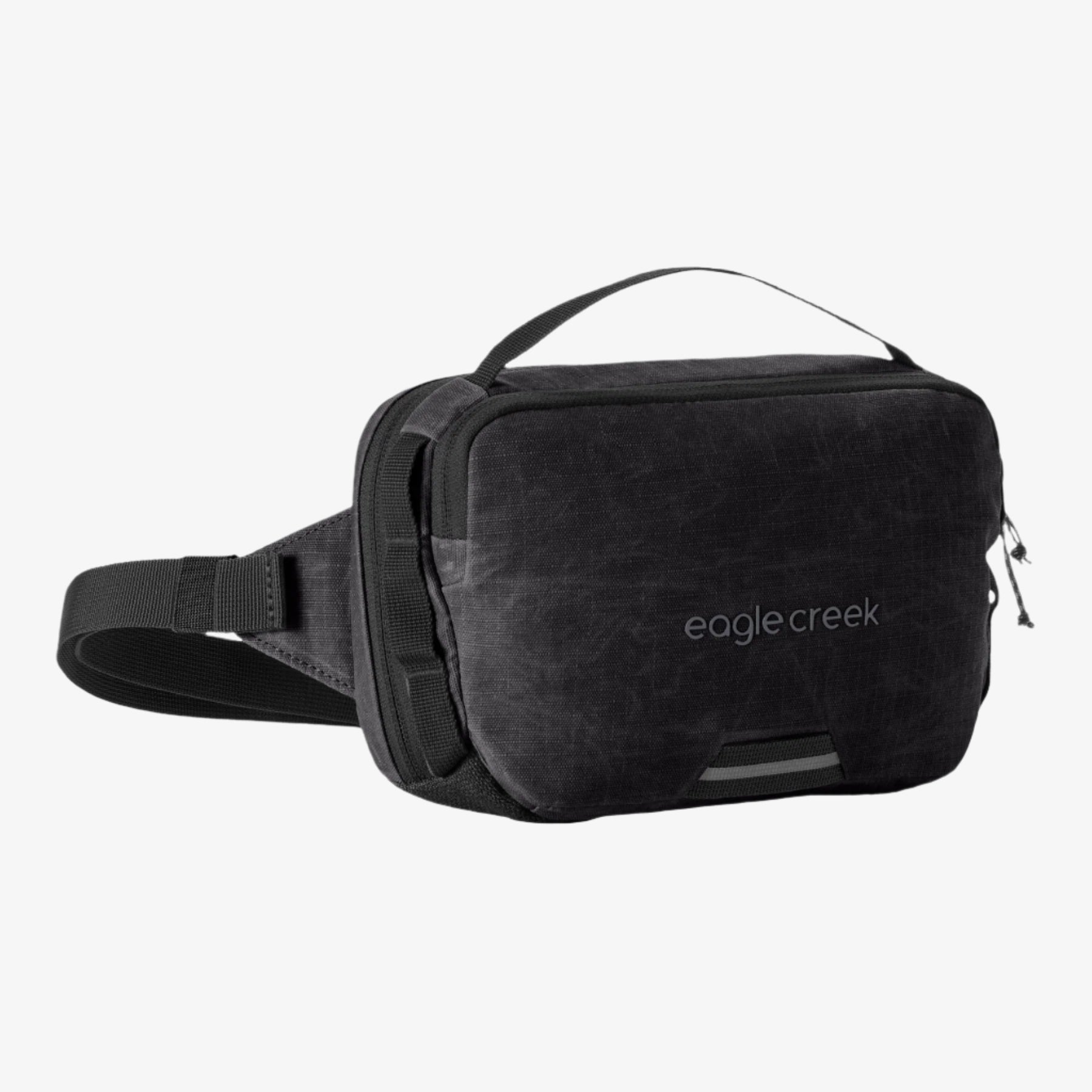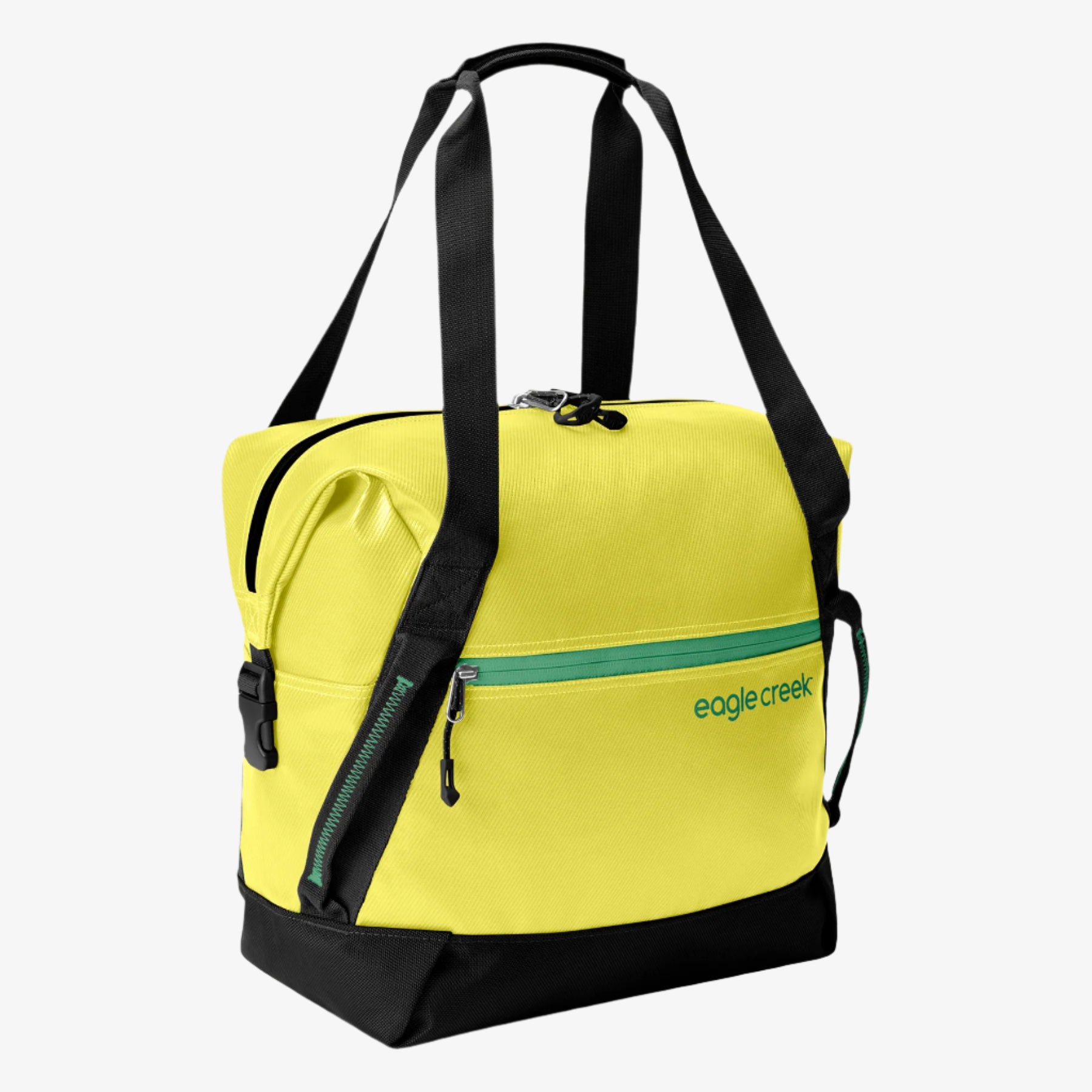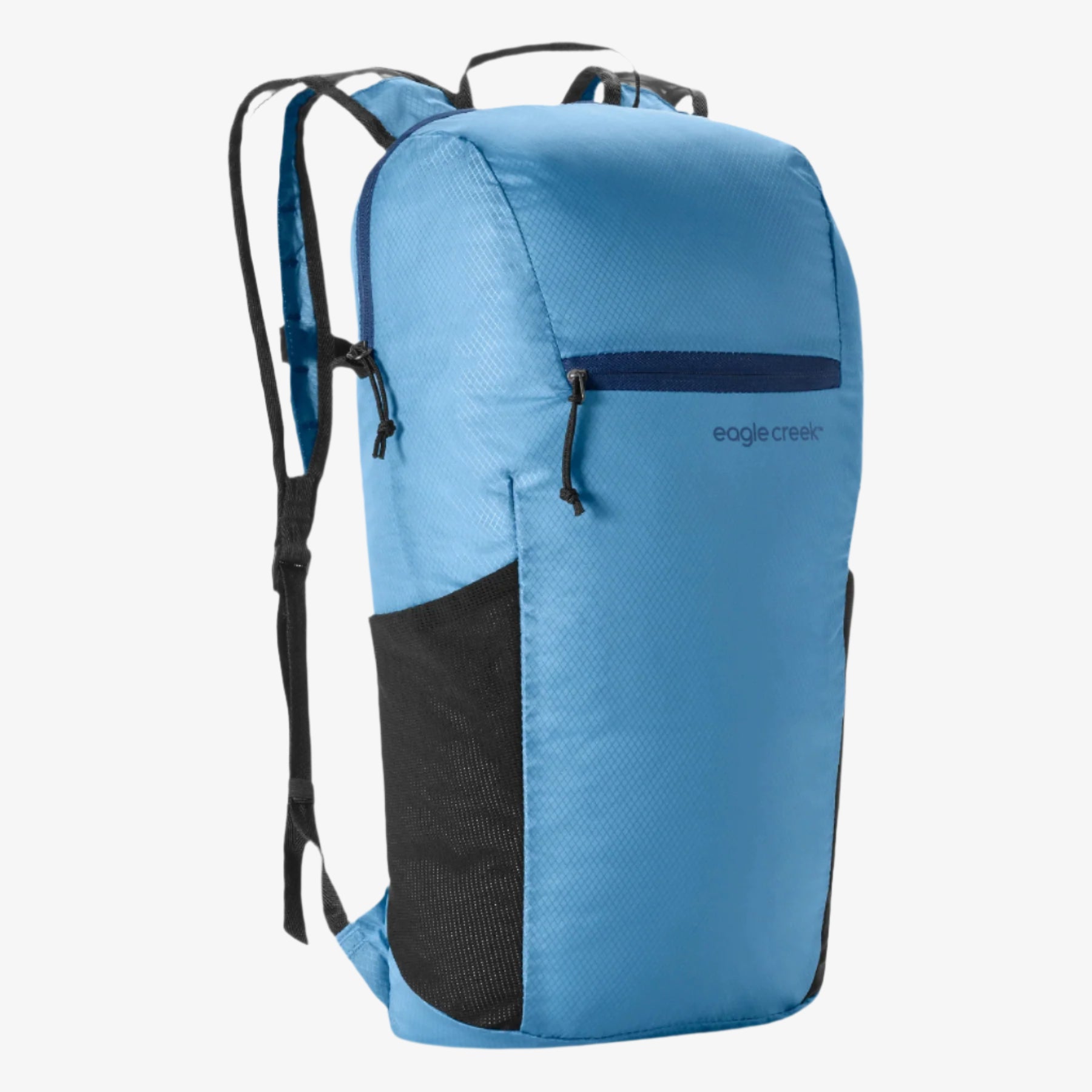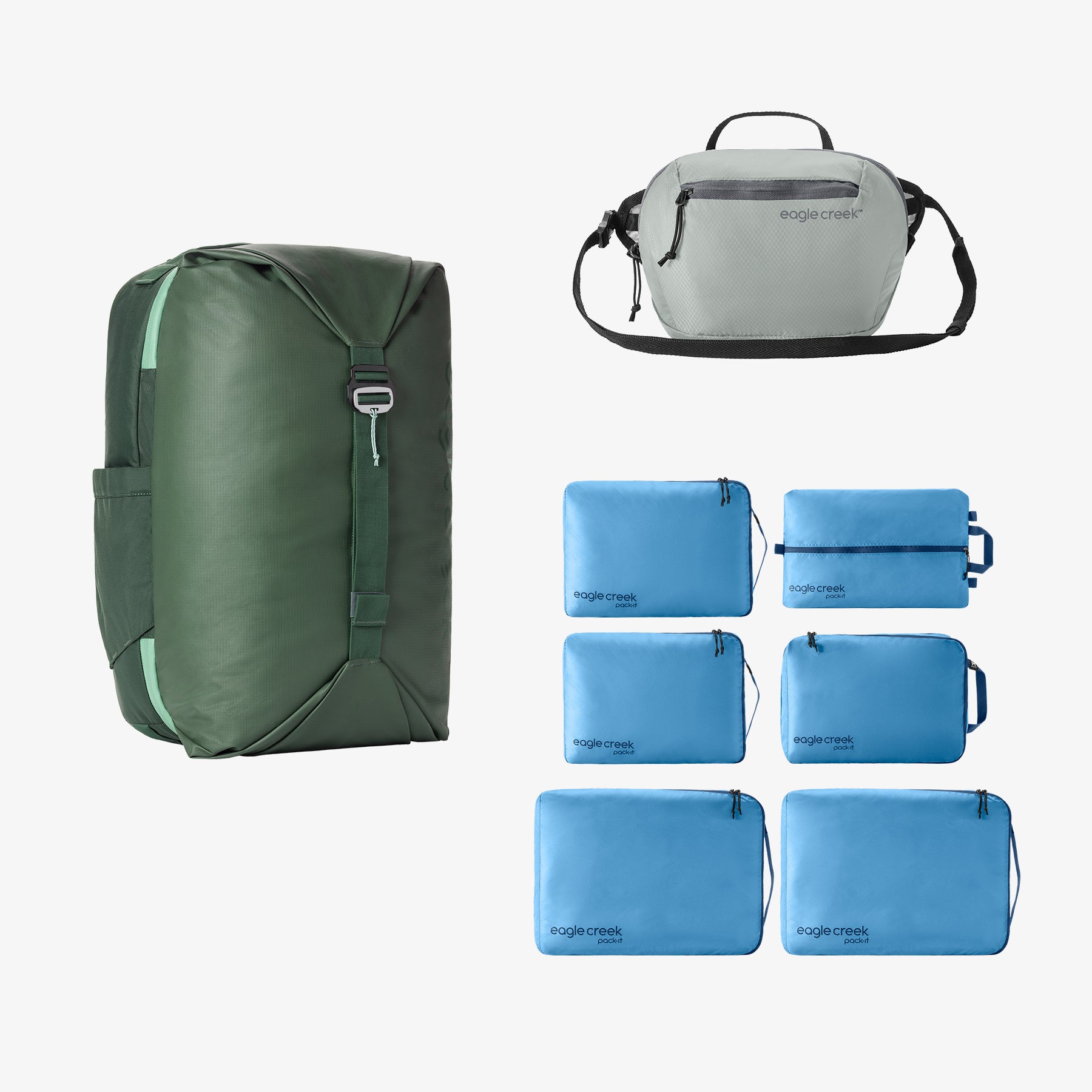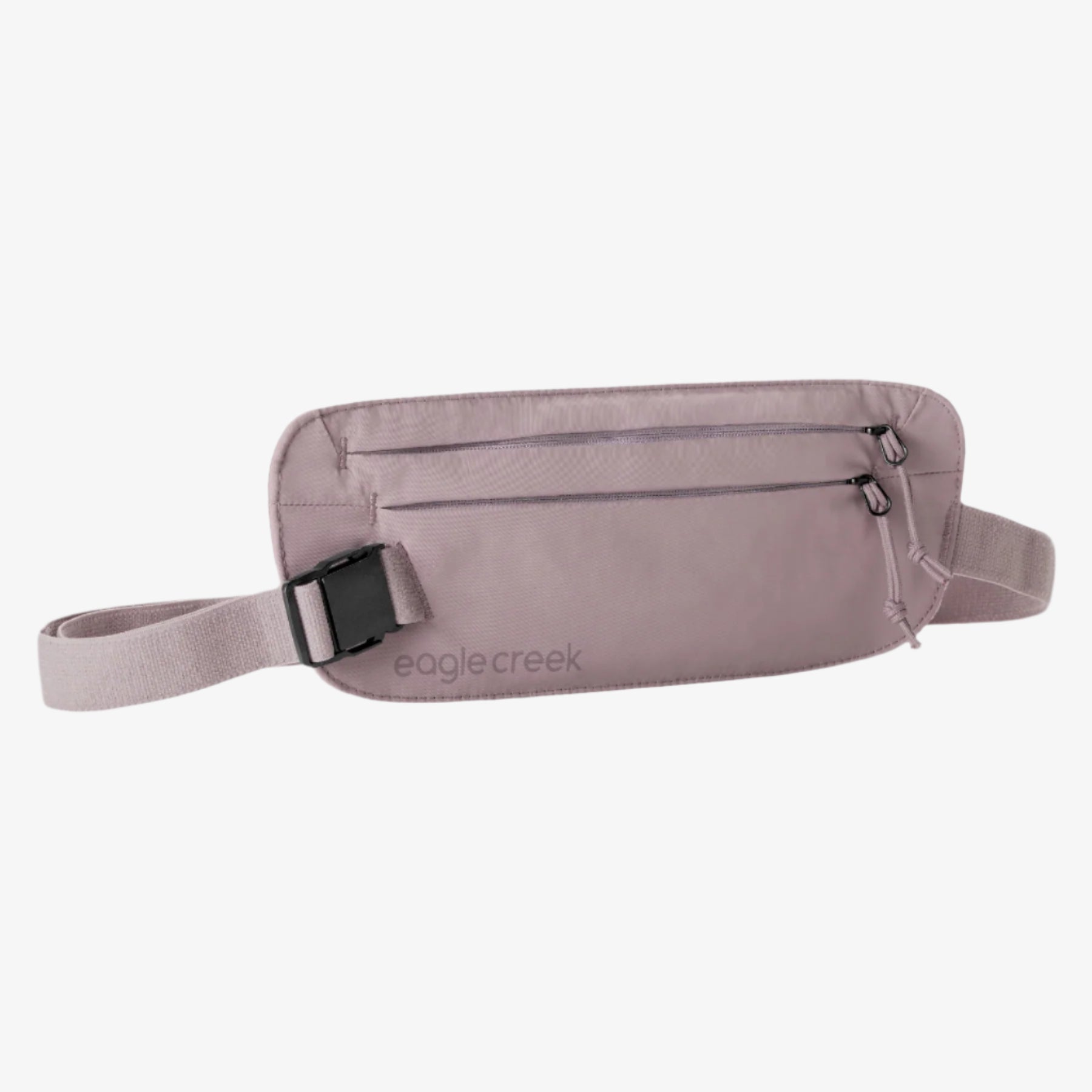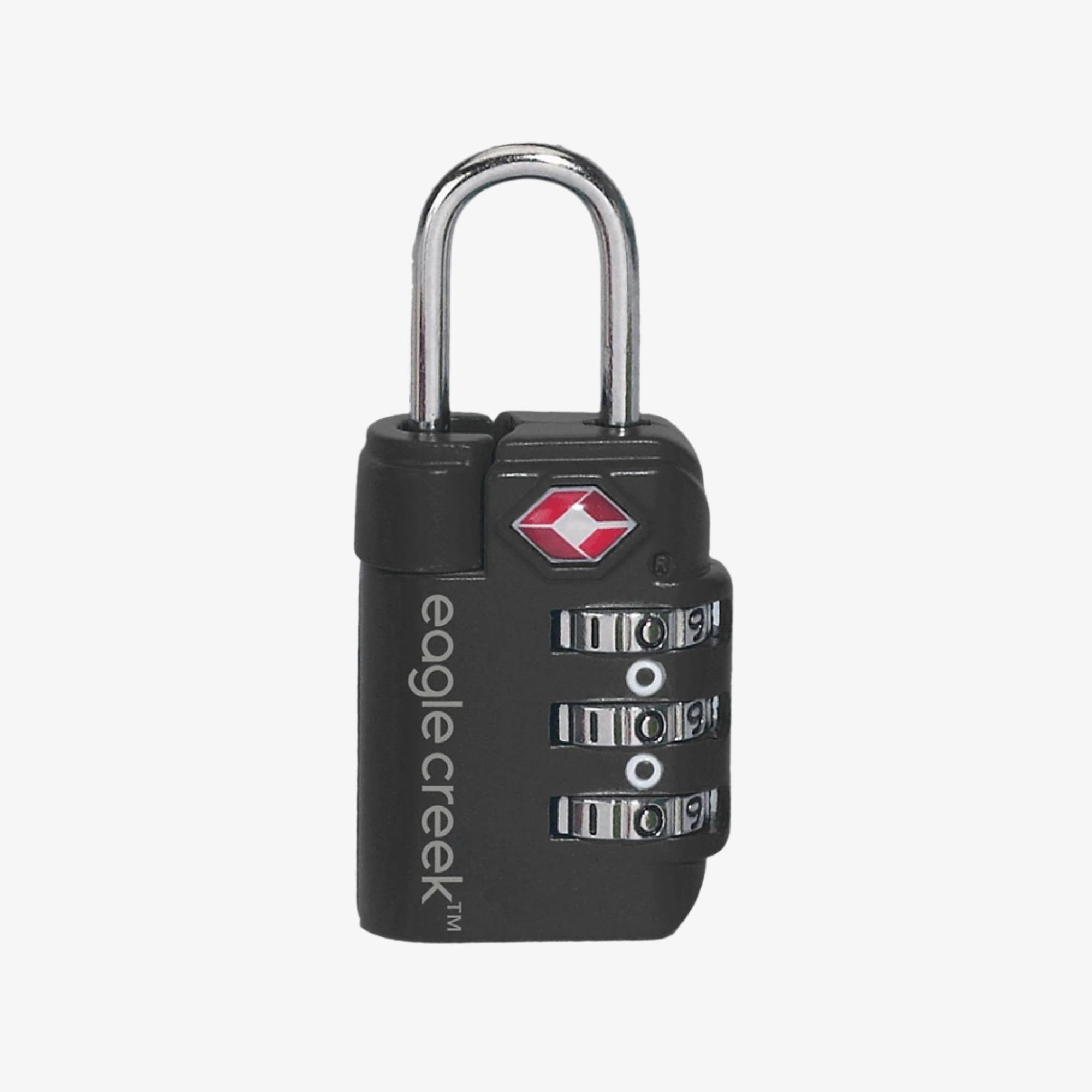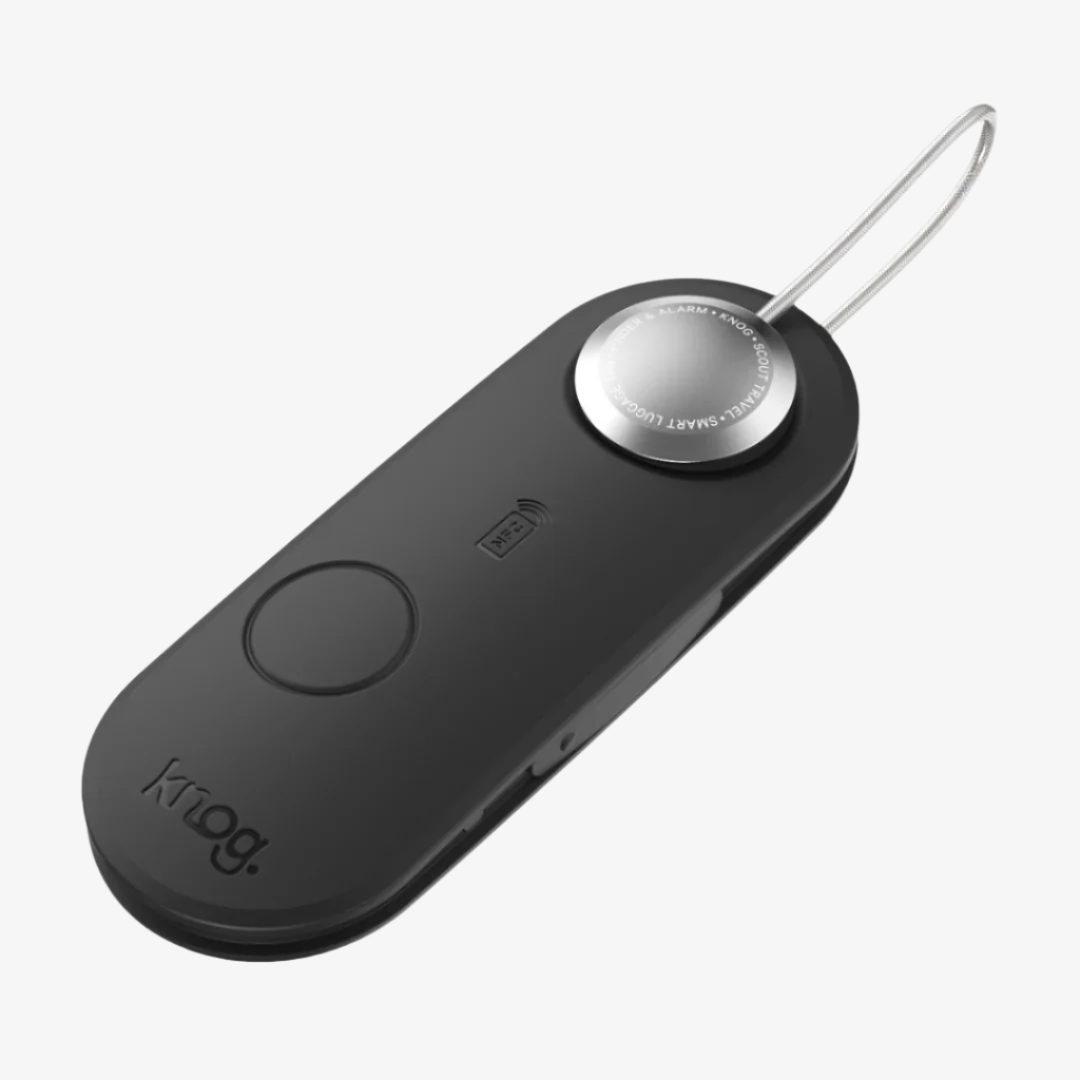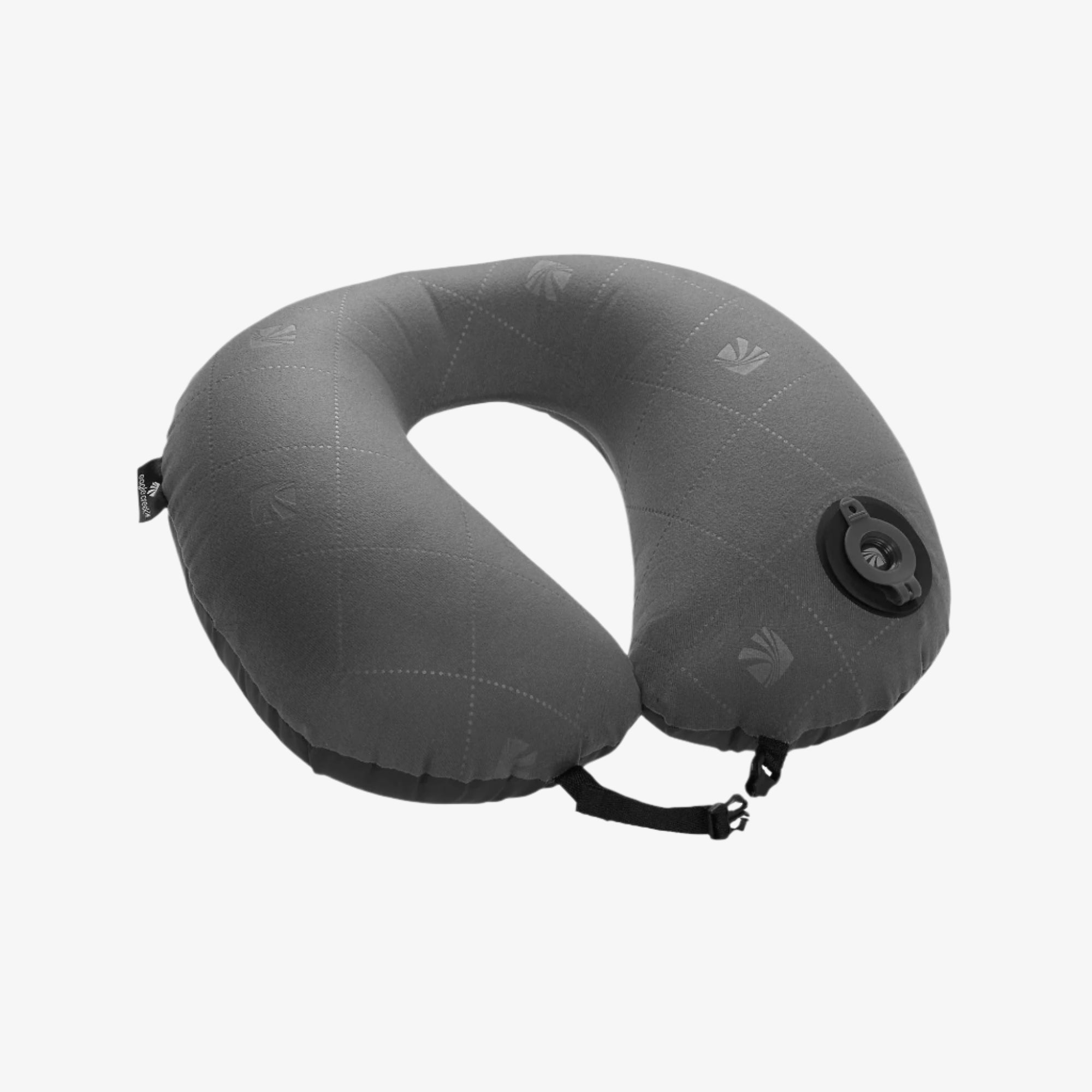Should You Buy or Rent Camping Gear?

IF YOU WANT A TENT, A STOVE AND OTHER EQUIPMENT, READ THIS BEFORE YOU RENT OR BUY SO YOU DON'T WASTE YOUR MONEY.
If you're embarking on a camping trip, you'll be faced with an important question: Should you buy camping gear and keep it forever or rent it for anywhere from one day to two weeks? Below, we break down the different advantages of buying versus renting outdoor supplies so you'll know which makes the most sense for your next camping adventure.
"Pros" of Buying Camping Gear:
1. You can use it as much as you want and pay once. Buying camping gear benefits those who go camping often or at least plan to go a lot in the future. As with anything you buy, the more you use something, the less you pay per use. So if you're an experienced camper, it may be time to purchase equipment that you can keep indefinitely.
2. You get exactly what you want. One frustration with renting is that you are forced to choose among limited options. Perhaps you want a super light tent, but all they have are heavier ones. Or maybe you wanted a fancy camp stove, but the one that's being rented is much more basic. When you buy your own gear, on the other hand, you get to pick the specific brand, color, functionality, and more.
3. You have more options. If you're renting camping gear, you might expect to be able to rent many different items. But depending on your location and the store, you may be able to rent only a few items, such as a tent, a hot plate, and a cooler. So if you want to bring a variety of items with you—such as trekking poles, an air mattress or sleeping bag, a lantern, a compass, binoculars, and a durable, waterproof backpack—buying is a better bet.
"Pros" of Renting Camping Gear:
1. It's cheaper. Buying a tent, for example, could run you roughly $230 to $460, whereas renting a tent for one day costs only about $25 to $34. The other advantage: Just like when you rent a car or an apartment, you can usually rent something that's a higher quality than what you can’t afford to buy.
2. You don't have to store it. If you live in a small studio apartment or a cramped house with no basement or extra closets, storing bulky camping gear (such as a tent, a sleeping bag, a stove, a cooler, a chair, etc.) is no easy task. One plus with renting camping gear is that you don't need to find room for all of it in your house—you give it back after your trip!
3. It's good for beginners. When you're new to camping, renting the necessary gear can be helpful, because instructions for each piece of equipment are included in plastic sleeves and you can ask the person renting it any questions you might have. (If you bought your camping gear months ago and have lost the instructions, you may forget how to use it). The limited selection of camping gear works to your benefit, because too many options might overwhelm you. You can try out different types of camping gear while renting so when you're ready to buy, you'll know what you like.
Now that you've seen the breakdown between renting and buying camping gear, you probably know which strategy suits you best. Whatever you decide, make sure you bring along a few key Eagle Creek items that are good for camping, as well as any other trip, including a backpack for food and clothing, a shoe sac for dirty hiking boots, and an inflatable pillow for sleeping.
Now go hit up a great new campsite (spring, summer and fall are usually the best times to go, depending on the climate) and have fun!
Related Posts
World's Best Places to Go River Rafting
Best Hut-to-Hut Hikes in the World
Product Spotlight: Eagle Creek 2-in-1 Ultra-Light

